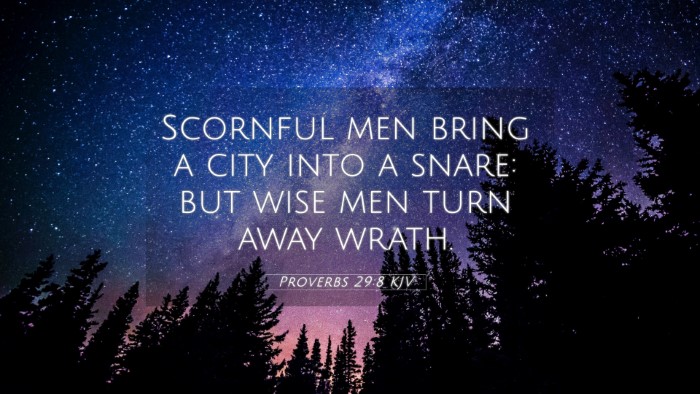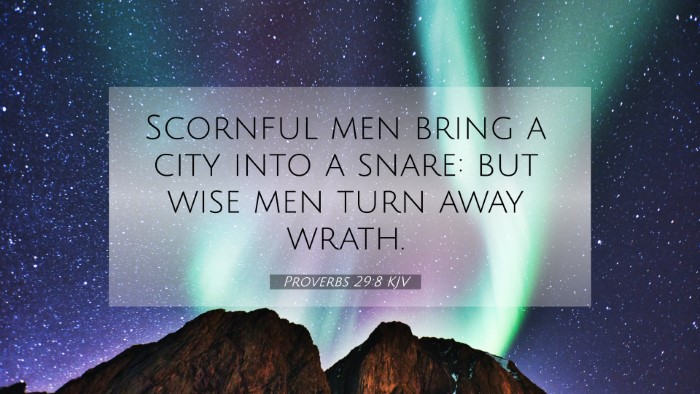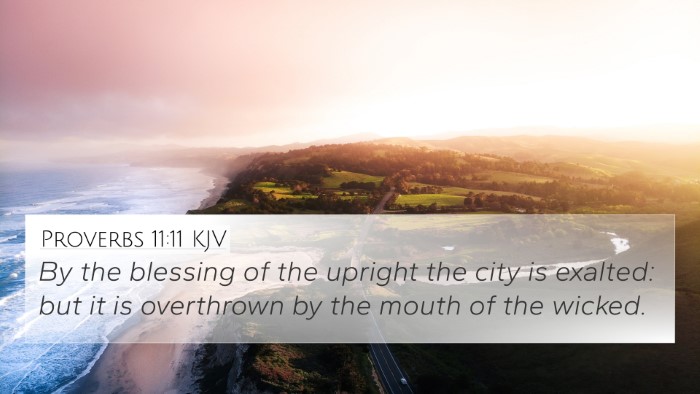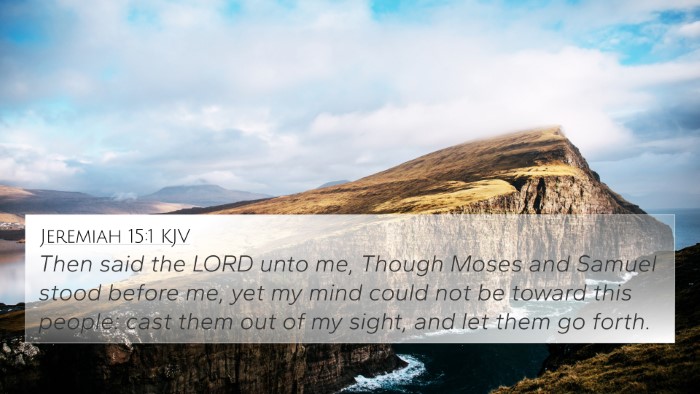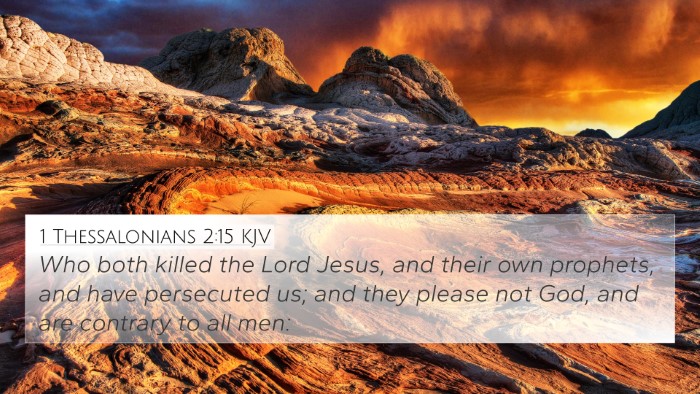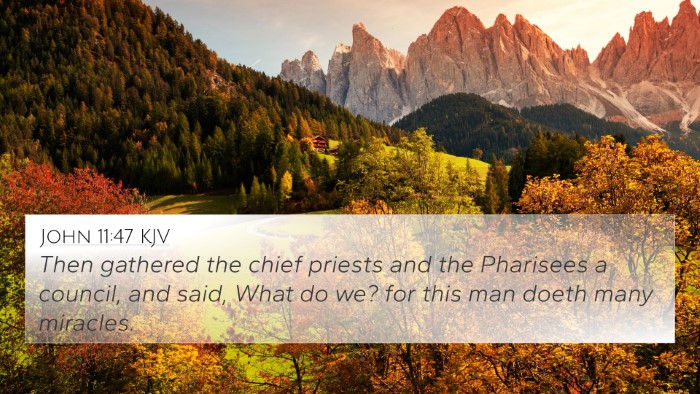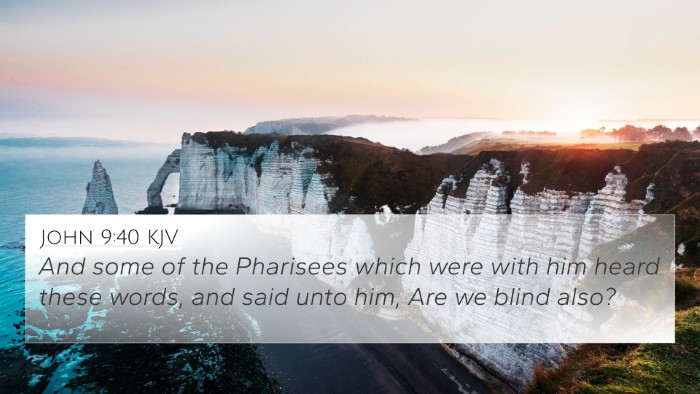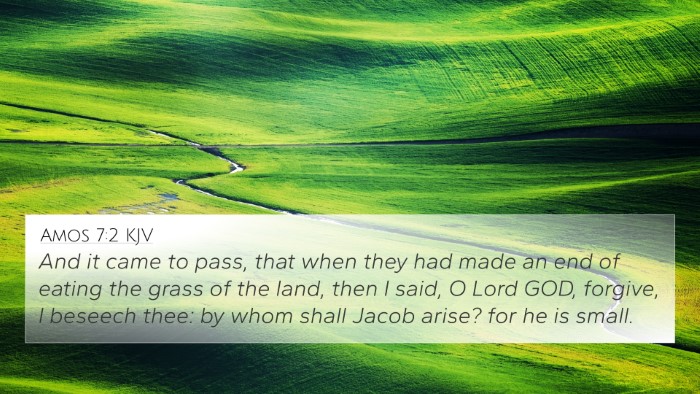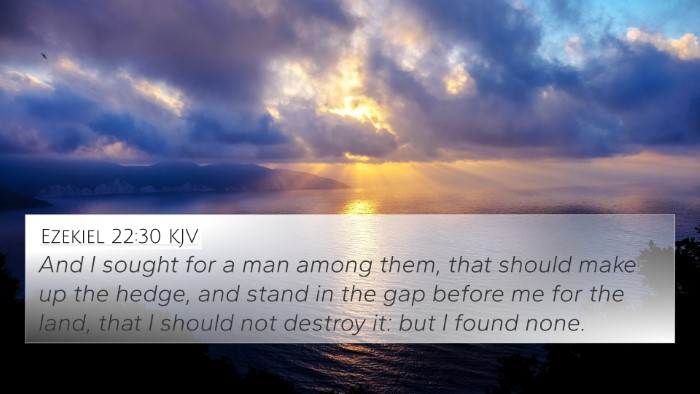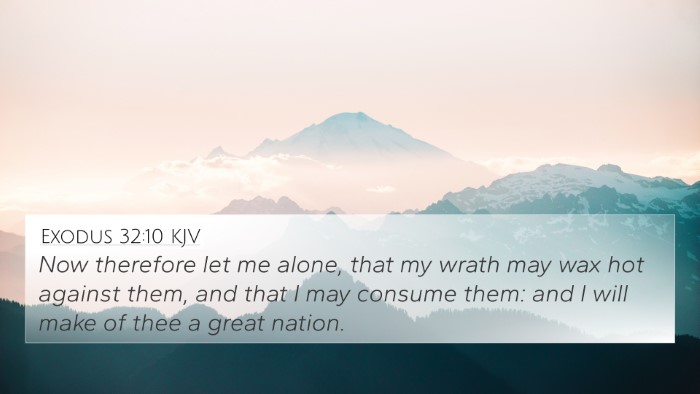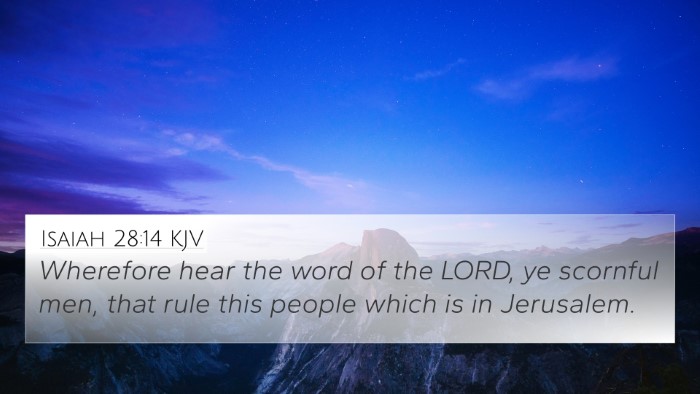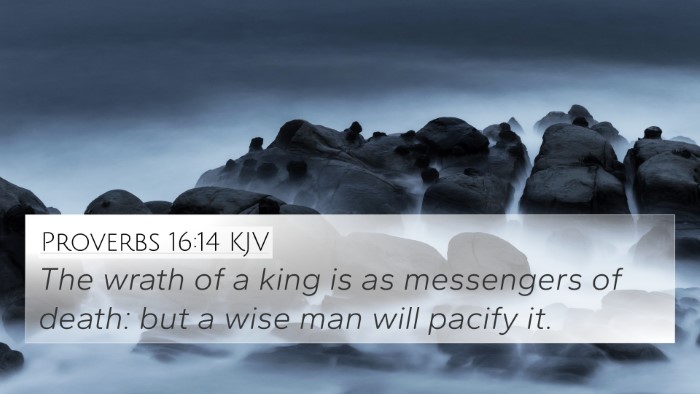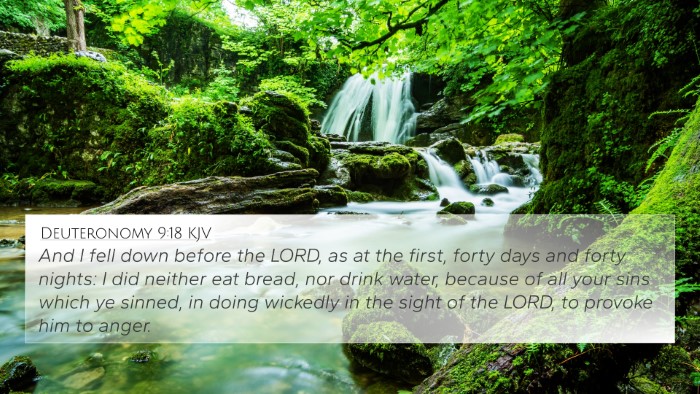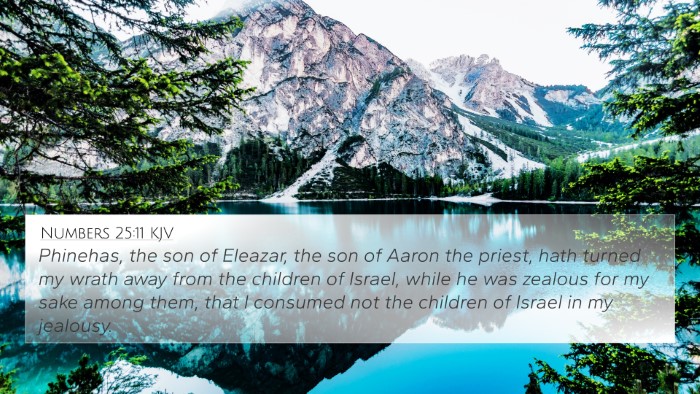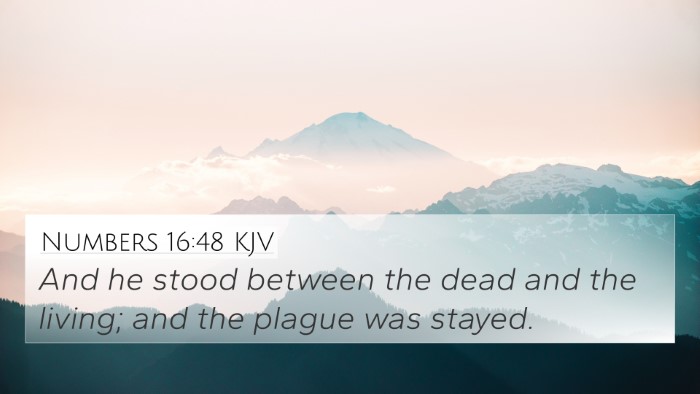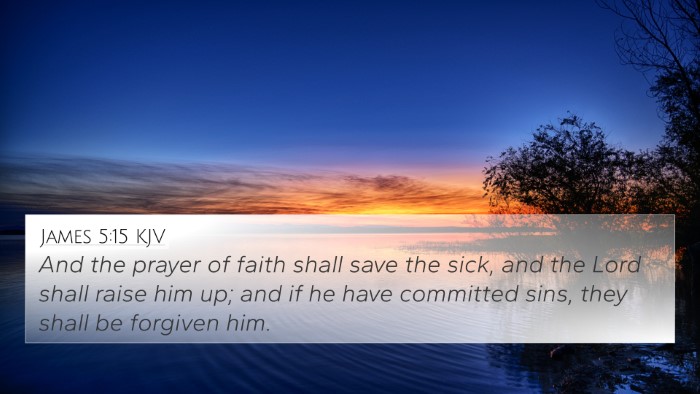Understanding Proverbs 29:8
Proverbs 29:8 states: "Scornful men bring a city into a snare: but wise men turn away wrath." This verse highlights the contrasting outcomes of scornful versus wise behavior and its implications for communities and relationships.
Verse Meaning and Insights
From various public domain commentaries, we gather that this verse deals with the impact individuals can have on society through their attitudes and actions.
-
Matthew Henry's Commentary:
Henry emphasizes the destructive nature of scorn and mockery. Scornful individuals, by their contempt and derision, can create division and conflict within a community. Their behavior can ensnare others into conflict and expose weaknesses. Conversely, wise individuals use their understanding to diffuse tension and create harmony, demonstrating the critical role of wisdom in mitigating strife.
-
Albert Barnes' Notes:
Barnes elaborates on the phrase 'bring a city into a snare', interpreting it as the chaos that scornful individuals can unleash. Scorn leads to trouble, while wisdom promotes peace. He aligns this with the idea that wise men act with restraint and steer clear of provoking others, thus minimizing conflict and fostering community well-being.
-
Adam Clarke's Commentary:
Clarke takes the perspective that wisdom is an essential tool for leaders and influencers. He points out that wise individuals possess the capacity to navigate conflict without exacerbating it, ensuring that their actions contribute to the welfare of the city. This commentary stresses the moral responsibility individuals hold in their communal environments.
Practical Implications for Today
The insights gained from Proverbs 29:8 resonate deeply in contemporary society. Understanding the consequences of negativity versus positivity is crucial for maintaining healthy relationships and communities. As followers of biblical teachings, it’s imperative to adopt the wisdom that shields us from conflict and encourages us to act righteously.
Cross References to Consider
For a more comprehensive understanding of Proverbs 29:8, we explore these related Bible verses that echo similar themes:
- James 1:20: "For the wrath of man does not produce the righteousness of God." - Discusses how anger leads to unproductive outcomes.
- Proverbs 15:1: "A soft answer turns away wrath, but a harsh word stirs up anger." - Emphasizes the power of wise speech in conflict resolution.
- Proverbs 14:29: "He who is slow to wrath has great understanding, but he who is impulsive exalts folly." - Highlights the value of patience and wisdom.
- Proverbs 16:32: "He who is slow to anger is better than the mighty, and he who rules his spirit than he who takes a city." - Implies control over one's temper is greater than physical might.
- Ecclesiastes 7:9: "Do not hasten in your spirit to be angry, for anger rests in the bosom of fools." - Warns about the pitfalls of hasty anger.
- 1 Peter 2:12: "Having your conduct honorable among the Gentiles, that when they speak against you as evildoers, they may, by your good works which they observe, glorify God in the day of visitation." - Encourages wise conduct for positive communal influence.
- Proverbs 22:24-25: "Make no friendship with an angry man, and with a furious man do not go, lest you learn his ways and set a snare for your soul." - Advises caution in associations with contentious individuals.
Thematic Connections and Analysis
In anchoring Proverbs 29:8 within a broader scriptural context, we see thematic connections emerge between numerous verses that advocate wisdom, peace, and prudent living. By practicing these principles, believers can play a crucial role in shaping their communities positively.
Cross-Referencing and Study Tools
To deepen understanding of Proverbs 29:8, readers may benefit from utilizing various tools for Bible cross-referencing. A Bible concordance or a cross-reference Bible study guide can facilitate the exploration of related themes and verses. Consider these effective methods for cross-referencing:
- How to use Bible cross-references: Familiarize yourself with the cross-reference notes within your Bible or use resources like topical studies.
- Identifying connections between Old and New Testament: Look for parallels in teachings that bridge both testaments.
- Comparative study of Pauline epistles: Analyze similar concepts within Paul's letters to fully grasp Christian wisdom.
- Cross-referencing Psalms with New Testament teachings: Explore how the wisdom literature's themes are reiterated in the New Testament.
Conclusion
In conclusion, Proverbs 29:8 serves as a vital reminder of the power of our words and actions. By embracing wisdom and shunning scorn, we can effectively contribute to peace and stability within our communities. Through comprehensive Bible cross-referencing and thematic analysis, believers can cultivate an environment where wisdom prevails over conflict.

